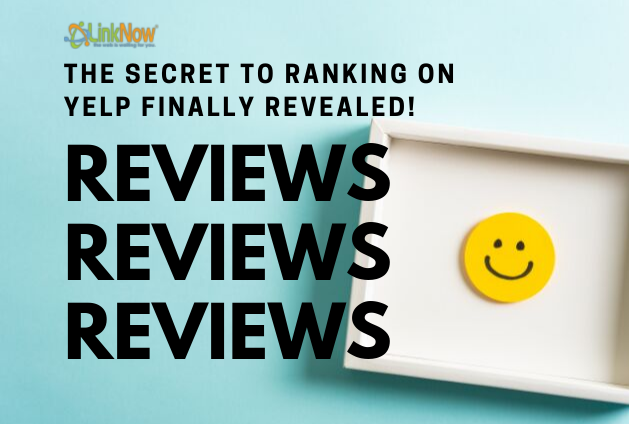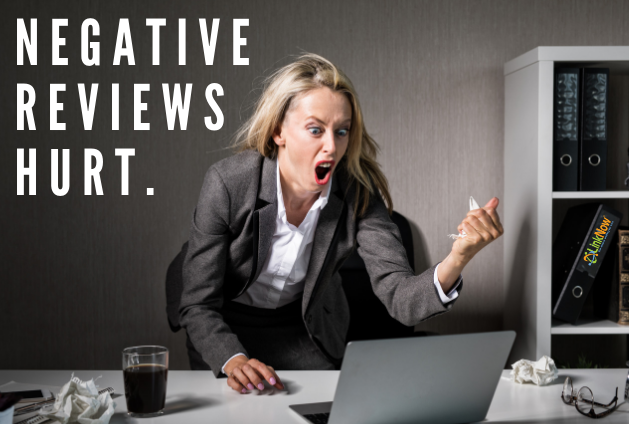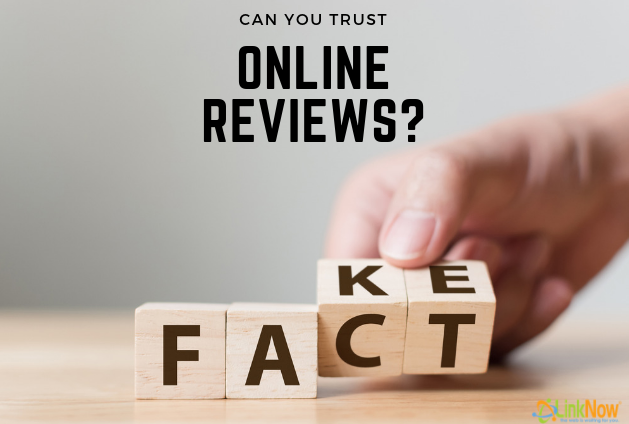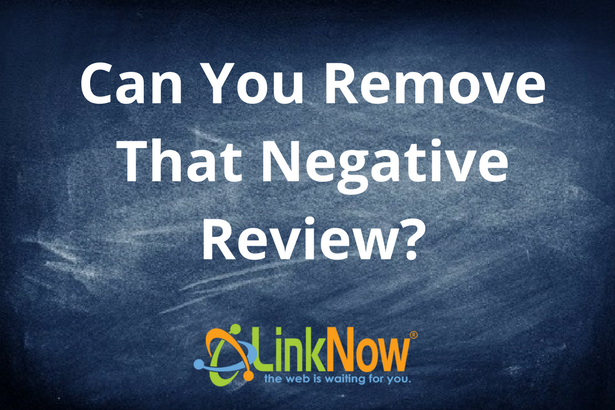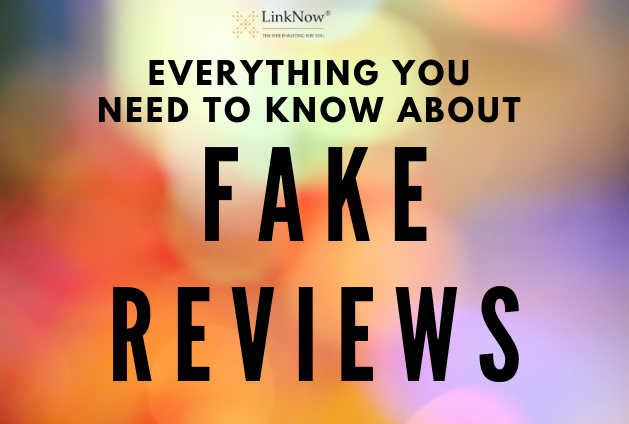
The short answer: yes.
The unfortunate reality is that fake reviews are a business—a big one. However, the small business owner should steer clear of this practice and counteract it with sound SEO practices.
Here’s how.
Positive Fake Reviews
Due to the relationship between reviews and ranking, creating fake reviews has become a lucrative business in the SEO world.
Everyone knows that you need positive reviews to improve your Google ranking. Positive reviews act like referrals from people who have hired your services. Unfortunately, positive fake reviews can harm your reputation rather than help it.
Google has been fighting against fake reviews in a decades’ long battle to preserve its credibility for being the number one review platform. Similarly, Yelp has employed undercover operations in their attempt to expose and remove review spammers. Local businesses and SEO companies who get caught are subject to hefty fines and penalties. You don’t want to be found among them.
The trouble is, a fake review isn’t always easy to identify.
How to Weed Out the Fakes from the Factual
For starters, how do you tell if a review is fake? Here are some general guidelines:
- This review is the only activity listed in the account’s history.
- The account was created around the same time the review was posted.
- The review has no words or is vague and lacks personalized comments.
Keep in mind, while Google will evaluate the review after you’ve flagged it, the process will take time. If Google thinks the review is genuine, you might never see it officially taken down.
So, your best defense is a strong offense. Report suspected fake reviews when you’re convinced that they’re unlawful. But more than that, make sure you have a strong review generation strategy that’s on the straight and narrow.
Long-term, a legal, sound marketing strategy will go the distance. Fake reviewing, on the other hand, is a short sprint that will either peter out quickly or backfire.
Negative Reviews
There are two sides to the fake review business: they can be used to promote or sabotage a business.
A fake 5-star review on your competitor’s site is one thing. But what do you do when a competitor posts a malicious 1-star review on your profile?
Here are the steps you should take to safeguard your reputation.
Always Respond, then Report
Although it may not be your first instinct, you should respond to the negative review. Whether it’s legitimate or not.
There are two reasons for this. Firstly, one of Google’s ranking factors is business owner responsiveness. By replying, you’ll protect your ranking. Secondly, responding to a fraudulent review will showcase your professionalism to your client base.
For example, if you receive a suspect 1-star review with no specific information relating to their customer experience, you might reply as follows:
“Thank you for leaving a review. Our company appreciates customer feedback and seeks to resolve issues wherever we can. We’d love the opportunity to make things right. However, we’re unable to offer our help unless we have more information about your experience with us. If you’d like, please contact us at [insert contact information].”
A reply like this indicates that you care about the opinion of your customers while hinting to the fact the complaint may be disingenuous.
After you’ve responded, flag the review and report the violation to Google.
Resist Fake Reviews with a Solid Marketing Strategy
It’s never fun to be on the receiving end of a fake review. Make a habit of monitoring, responding to, and reporting counterfeits on your company’s profile. And don’t forget to counteract the attacks by building your own base of real reviews!
Would you like professional assistance managing your brand identity online? Contact the marketing strategists at LinkNow Media. Drop us a line at 1.888.667.7186 or email us at website@linknowmedia.com!

